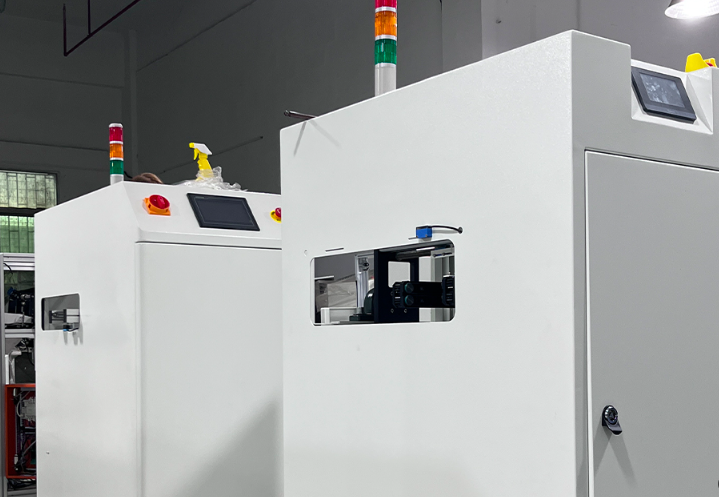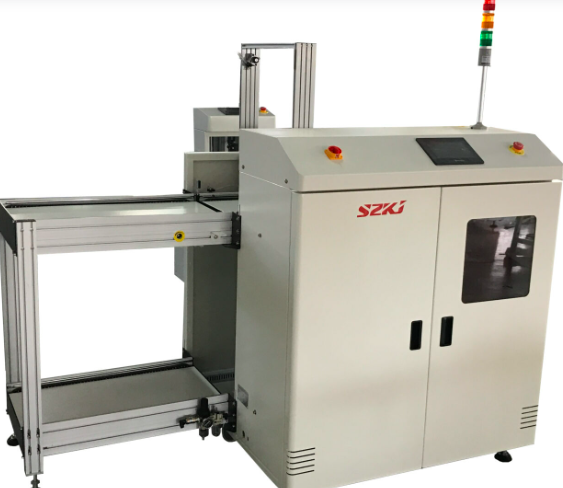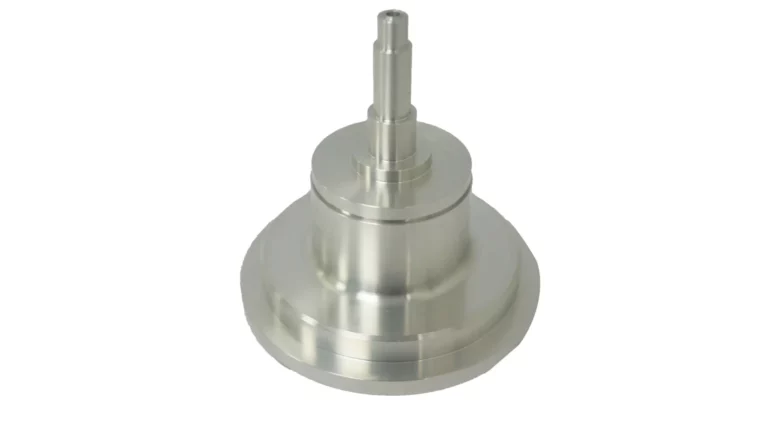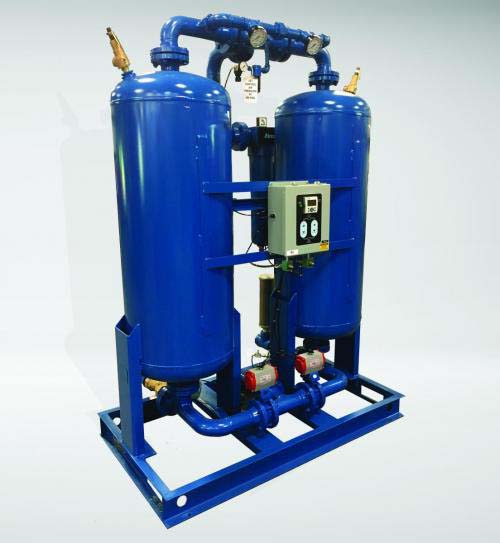目录
ToggleWhen exploring the battery market, buyers often encounter a variety of choices in terms of size, shape, and function. Among these, the 12V UPS battery is one of the most versatile and widely used options. Its applications span across powering household gadgets, electrical appliances, and vehicles like boats and carts.
The 12V UPS battery comes in various forms, including compact and lightweight designs as well as larger, more robust models. Shapes also vary, with options like cylindrical and square configurations. One of the most common uses for this battery is as a power backup for generators, ensuring electricity during outages. Selecting the right battery typically depends on its intended application and ampere rating, which dictate its performance and suitability for specific tasks.
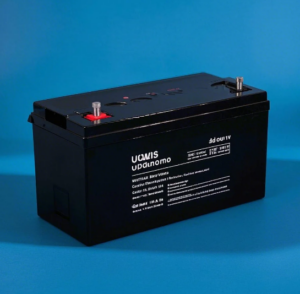
How Long Does a 12V UPS Battery Last?
The lifespan of a 12V UPS battery depends on its type:
- Absorbent Glass Mat (AGM): Known for durability, this type lasts 4 to 7 years.
- Gel-Powered: Offers reliable service for 2 to 5 years.
- Lead Acid: Can function for 2 to 8 years with proper maintenance.
- Lithium-Ion: The most durable option, lasting over a decade.
Despite the variations, it’s advisable to replace the battery every five years. Doing so reduces the risk of accidents like overheating or combustion, ensuring both safety and performance reliability. Regular maintenance can further extend the battery’s usable life, especially for lead-acid and AGM types.
Can a 12V UPS Battery Be Recharged?
Yes, a 12V UPS battery is rechargeable, adding to its practicality and cost-effectiveness. To charge:
- Connect the battery to a compatible charger, aligning the black terminals of both devices.
- Use clamps or clips to secure the connection and prevent any movement.
- Attach the red cable to the positive terminal of the battery.
Once connected, the charger will indicate when the battery is fully charged. Proper charging practices not only ensure safety but also help maximize the battery’s lifespan. Recharging is particularly beneficial for frequent UPS users, as it minimizes downtime.
Why Choose a 12V Battery for UPS Systems?
A 12V battery is the preferred standard for UPS systems because it delivers stable DC power. Higher voltage batteries, such as 24V or 48V, are available but pose safety risks, including potential equipment damage. The 12V option is safer, easier to handle, and more widely compatible with various UPS models. This makes it an industry favorite and a reliable choice for both residential and commercial applications.
Where to Buy a 12V UPS Battery
12V UPS batteries are available through numerous retailers and online platforms. When purchasing, it’s crucial to consider factors like type, lifespan, and compatibility. Comparing different options allows buyers to make informed decisions and choose a product that best suits their needs. Additionally, checking customer reviews and warranties can help identify reliable suppliers and products.
By understanding the key features and benefits of a 12V UPS battery, buyers can ensure they make a purchase that delivers long-term value and consistent performance.
0